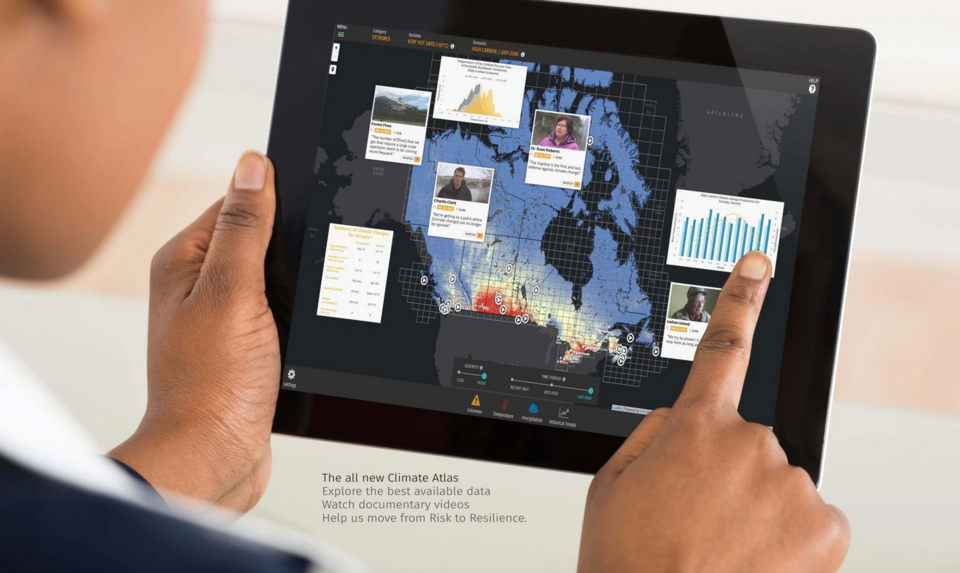WINNIPEG - Free courses on the science of climate change, climate-aware living and Indigenous knowledge on adaptation will soon be available to the public via the Prairie Climate Centre.
The research institute at the University of Winnipeg is launching a series of online classes aimed at building climate resilience and adaptive capacity both locally and across the country.
“We often talk about climate change being not so much of a deficit in science (issue) but a communications issue… about how you can reach people with the information that they need and making it relevant to them,” said Christey Allen, the centre’s research manager.
Allen said the courses, the first of which will be available this month, will help participants understand climate change is a personal issue and rethink how it should affect their decision making.
The first courses in the series — “Climate Change 101” and “Indigenous Knowledges and Two-eyed Seeing” — will focus on providing a baseline understanding of climate change and the integration of Indigenous knowledge and western science in approaching it.
Brett Huson, a research associate at the centre who is a knowledge keeper from Gitxsan Nation in the northwest interior of B.C., is co-teaching the latter course with elder Albert Marshall.
“Indigenous communities have been fighting for (climate justice) since contact. Our whole worlds have been turned upside down. We’ve already gone through the shock of a complete teardown of our world and change and having to adapt,” said Huson, noting parallels to the climate anxiety many people are experiencing today.
“It’s time for people to take us seriously when we talk about how the lands are being impacted by development.”
Whereas western societies consider risks in relation to the economy, Indigenous communities focus on how land and resources are affected, he said.
The research associate added his course is an opportunity for two-way sharing that highlights Indigenous knowledge systems and land-management practices, which have been learned over tens of thousands of years living on the land now known as Canada.
The courses are being funded by the province and Natural Resources Canada, as part of the Manitoba Climate Resilience Training Project.
“The more freely and widely available we can make this information, the better chance we have of all collectively coming together to come up with solutions,” said Allen.
All webinars will be streamed live and later, edited into video courses that will be posted in 2022.
At least 400 students have signed up for the first course Nov. 4.




